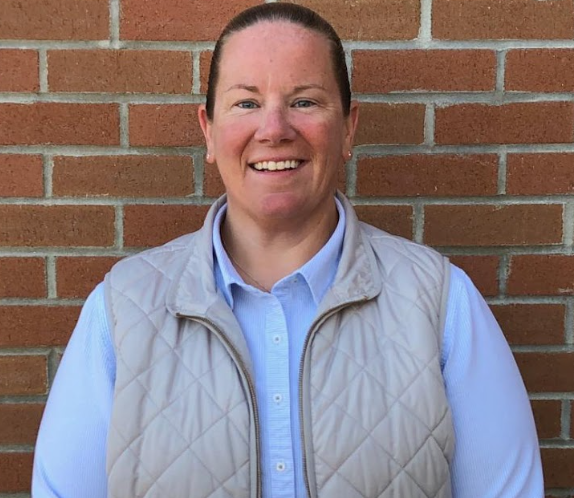Lacrosse’s Early Verbal Commitments are Becoming a Problem
September 22, 2016
The world of lacrosse has become more than a high school sport played in the spring. Athletes as young as fourth-grade travel the country, competing in tournaments. Obvious hotbeds for lacrosse include Long Island, Maryland and much of the East Coast.
Today, beginning as early as 6th and 7th grade college recruiting begins. Verbal commitments are an unofficial agreement by a player and a college or university, for that player to attend that school. These commitments happen as early as 8th grade for some students. The idea of the verbal commitment is an epidemic. As college coaches go for younger recruits, lacrosse players and their parents become more crazy with the recruiting process.
If athletes commit to a college before they begin high school, it is very hard to tell if they will continue to produce on the field. Also, it is extremely difficult to predict a kid’s growth. Will an athlete stay small or become tall and strong? Another question: Did that athlete excel because of early maturation? Some young athletes have early growth spurts and hit puberty early. They overpower opponents with their strength, speed, and athletic ability. On the other hand, some athletes mature slowly. Late developers can be unrecognized early. Kids who work hard and become better as time goes on will not be recruited by schools that already filled out their roster for that class. Aside from a lacrosse standpoint, the students do not know what type of grades they will earn in high school. A popular misconception for early commits is to stop trying in school.
The fact that kids are committing before high school is a negative for both colleges and these young athletes. Many early commits do not continue to have the same positive output on the field as their career continues. This negatively impacts the school, because they recruited this athlete and he filled a spot on the roster, while that institution could have looked into a different player who was more talented. Also, if the student does not end up getting into the school and the verbal commitment does not work out, there will be a gap in the roster and it will be too late to recruit another player.
Every year, big time lacrosse schools get younger with the grade of their recruits. Hopefully, the NCAA will fix this problem by putting limitations on the age of college recruiting. Young athletes need to focus more on having fun playing their sport, rather than worrying about exposure they are receiving from college coaches.











